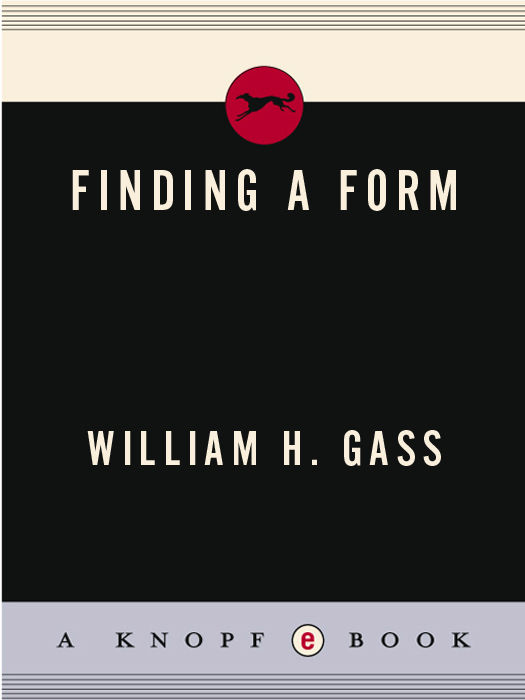
Finding a Form
Essays
- اطلاعات
- نقد و بررسی
- دیدگاه کاربران
نقد و بررسی

Starred review from July 29, 1996
In his first gathering of essays in several years, novelist and critic Gass's commitment to ideas, concentrated energy and originality shine through on every page. The title essay, an exploration of how writers navigate complex, refractory reality, discloses how his childhood with an abusive father and alcoholic mother influenced his escape into writing and shaped his fictional characters, symbols and preoccupations. "Nature, Culture, and Cosmos" pessimistically gauges the "immense indifference" of the universe to our moral values and our deaths. Other pieces deal with Ezra Pound as a failed modernist; the lives of Nietzsche and Wittgenstein in relation to their thought; various species of the avant-garde from Pierre de Ronsard to Degas, Beckett and the Bauhaus; the exacting demands of autobiography; the Pulitzer Prize Committee's "banal and hokey" choices in fiction; and the abyss between the moral viewpoints expressed in works of art and the lives of their creators. Gass's deeply felt essays, reprinted from the New York Times Book Review, Antaeus, etc., are quotable, flecked with fertile insights and a pleasure to read. On stoicism: "If we have to accept what we get, why not imagine that it's just what we want?" On Impressionism: "It allows subversion to go on with the approval of the subverted."

September 1, 1996
Gass (The Tunnel, LJ 1/95), the head of the International Writers Center at Washington University, is "as obdurate as nails" when it comes to the best possible use of the written word. Each essay in this wide-ranging book (be it titled "Ezra Pound," "Nietzche: The Polemical Philosopher," "Robert Walser," "Nature, Culture, and Cosmos," "Pulitzer, The People Prize," or "The Music of Prose") offers evidence for such a conclusion. Gass is concerned with how best to use a phrase or word and believes we should be tough-minded when it comes to reading. He reveals a sardonic sense of humor as well, for example, in discussing the winners of the Pulitzer prize, and he dislikes the fact that anyone would enjoy his/her own writing. His compound sentences--"little shimmied stretches of human awareness"--are utterly unique and perfectly difficult. This collection succeeds in his aim to arrest and inform persuasively. For literature collections.--Robert Kelly, Fort Wayne Community Schs., Ind.




دیدگاه کاربران